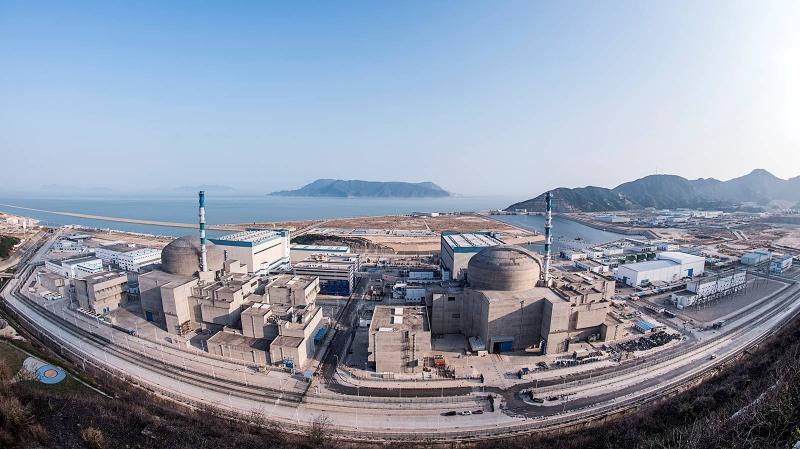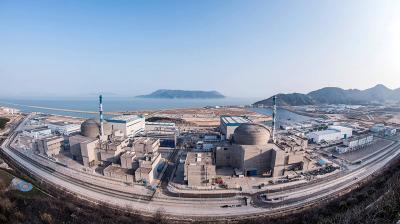It is well-known that China has surpassed other countries in the manufacturing of solar energy tools and electric vehicles, while Russia possesses vast reserves of critical minerals. However, it is now evident that China and Russia also dominate the global nuclear trade, through contracts they have secured in developing countries, according to an article in the American publication "Forbes" published in early June 2023. Notably, nuclear energy is part of the basket of permissible energies in the era of zero emissions due to its low emissions.
For example, Uzbekistan signed an agreement in May 2024 with Russia, specifically with the Western-sanctioned "Russian State Nuclear Energy Corporation" (Rosatom) to build the first nuclear reactor in Central Asia, providing low-emission electricity to Uzbekistan. At the same time, Rosatom is competing with China, South Korea, and France in a tender to construct a nuclear reactor in Kazakhstan for electricity generation, with results expected to be announced in the coming fall.
"Forbes" indicates that "Russia's superiority over the West in the energy competition is expected, given the unsuccessful American attempts in nuclear energy. The United States has overlooked the use of nuclear energy as a means to combat climate change, despite its low emissions and higher safety compared to other energy forms, which is contrary to common misconceptions about nuclear energy. Consequently, this neglect has now provided a geostrategic opportunity for countries competing with the United States" to play a dominant role in nuclear energy trade.
In addition to nuclear trade, Russia, through Rosatom, is the leading nation globally in constructing nuclear reactors. According to the "Global Strategic Nuclear Energy Report" published in July 2023, Russia has contracts to build nuclear reactors for electricity production in seven countries: China, India, Turkey, Egypt, Bangladesh, Iran, and Slovakia (two of these countries - Turkey and Slovakia - are NATO members, despite Washington's attempts to economically boycott Moscow in such critical areas). At the same time, the United States has no contracts to build nuclear reactors for electricity generation in other countries.
Russia's nuclear dominance extends beyond just reactor construction; it includes leadership in the largest global uranium conversion and enrichment industries, with 38% and 40% respectively of global capacities in these sectors. As of 2020, these Russian industrial capabilities made them the highest in the world in these areas. Russia has already exported approximately $3 billion worth of nuclear energy products in the period from 2022 to 2024.
Recently, Russia has increased its activities in West Africa, securing important economic resources, such as former French uranium reserves there. This has led France to double its imports of Russian uranium in 2023, specifically to meet its needs to expand its massive nuclear program. The United States has also imported uranium from Russia, even after the onset of the Ukraine war in 2022. The U.S. imported nuclear fuel from Russia until May 2024, two years after the start of the Ukraine war, sourcing it from the same companies it announced a boycott against, according to "Forbes."
Russia is not the only country that has outpaced the United States in nuclear energy production; China has also surpassed the U.S., with China constructing 23 nuclear reactors as of July 2023. The reason for this significant nuclear reactor construction in China is its urgent need for extensive electricity generation, relying on low-emission fuel, due to the rapid and high growth of the Chinese economy. During the same time frame, the United States is constructing only one nuclear reactor. Moreover, the construction of the last nuclear reactor in the U.S. has been delayed by about seven years from its scheduled date and has exceeded the budget by $17 billion, due to the complexities involved in obtaining necessary licenses and adhering to required environmental regulations.




